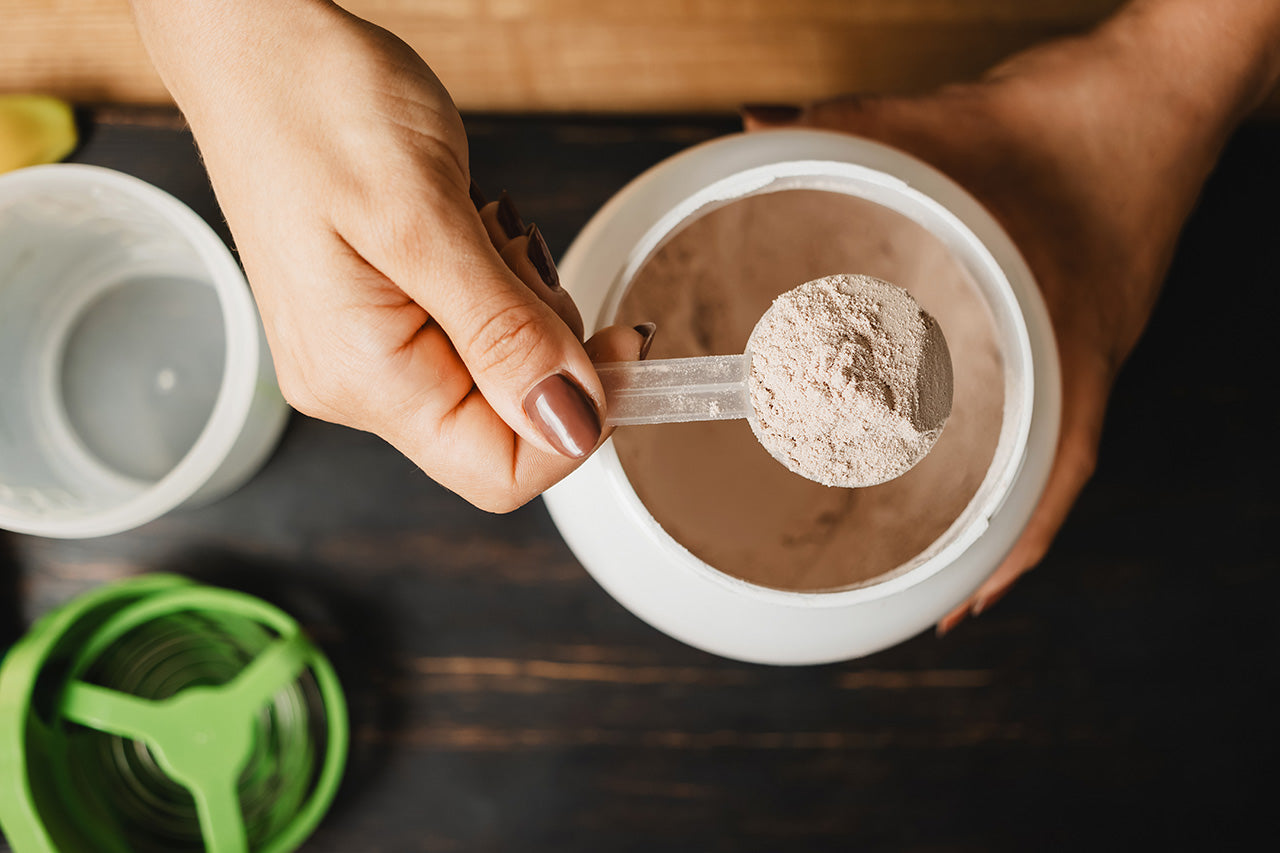
WELLNESS
Stress and Gut Health: How to Support Your Gut with Mindfulness

The connection between your brain and gut is often referred to as the "gut-brain axis." This system of communication allows the brain and gut to share information via the nervous system, hormones, and immune signals. When you're stressed, this communication is disrupted, and the gut often bears the brunt of it.
Chronic stress triggers the "fight or flight" response in the body, leading to the release of stress hormones such as cortisol and adrenaline. These hormones slow down digestion, diverting energy away from the gut to deal with the perceived threat. Over time, this shift causes a range of digestive problems, including indigestion, constipation, bloating, and even changes in the gut microbiome, the community of bacteria living in your digestive tract.
Studies show that stress can lower the diversity of gut bacteria, reducing the population of beneficial bacteria while increasing harmful ones. This imbalance, known as dysbiosis, is linked to conditions such as irritable bowel syndrome (IBS), inflammatory bowel disease (IBD), and leaky gut. Additionally, a weakened gut barrier can allow toxins and partially digested food to enter the bloodstream, leading to inflammation and systemic health issues.
Common Symptoms of Stress-Related Gut Health Issues
When stress disrupts the gut-brain axis, it can lead to a variety of uncomfortable symptoms. Some common stress-related gut health issues include:
- Bloating and Gas: Stress can alter how food moves through your digestive system, leading to excess gas and bloating.
- Constipation or Diarrhea: The gut’s movement can be sped up or slowed down due to stress, causing irregular bowel movements.
- Indigestion: The release of stress hormones can reduce the production of stomach acid and digestive enzymes, making it harder to break down food.
- Stomach Pain or Cramping: Stress-induced changes in gut function can cause cramping or discomfort in the abdominal area.
- Food Sensitivities: Chronic stress can make your gut more sensitive to certain foods, leading to intolerances or discomfort after eating.
- Appetite Changes: Stress can lead to overeating or a loss of appetite, both of which can negatively impact gut health.
Mindfulness Techniques to Support Gut Health
Mindfulness, the practice of being fully present and aware of your thoughts, feelings, and environment, is a powerful tool for reducing stress. Incorporating mindfulness into your daily routine can help manage stress and support gut health by calming the gut-brain axis and promoting proper digestion. Here are some mindfulness techniques that can improve gut health:
Mindful Eating
One of the most effective ways to support your gut is by practicing mindful eating. This involves paying full attention to the experience of eating, savoring each bite, chewing thoroughly, and being aware of your body’s hunger and fullness cues. Slowing down while eating can improve digestion, as it allows your body time to produce the necessary digestive enzymes and break down food more effectively. Eating mindfully can also reduce overeating, a common issue when stressed.
How to Practice:
- Sit down for your meals, free from distractions like your phone or TV.
- Take a few deep breaths before starting your meal to relax your body.
- Chew each bite slowly and focus on the flavors, textures, and aromas of your food.
Deep Breathing
Deep breathing exercises are a simple yet powerful way to activate the parasympathetic nervous system, also known as the "rest and digest" system. This helps to calm the nervous system, reduce cortisol levels, and promote digestive function. When you're stressed, shallow breathing can increase tension in the body and worsen digestive issues.
How to Practice:
- Take a few minutes each day to focus on your breath.
- Inhale deeply through your nose for a count of four, hold for four seconds, then exhale slowly through your mouth for a count of four.
- Repeat this for 5–10 minutes to help reduce stress and improve digestion.
Meditation
Regular meditation has been shown to reduce stress, improve emotional regulation, and lower levels of cortisol. Meditation can also improve gut health by helping to maintain a balanced gut microbiome. Incorporating just a few minutes of meditation into your day can help calm your mind and improve your body's ability to digest food properly.
How to Practice:
- Find a quiet space to sit or lie down comfortably.
- Focus on your breath or a specific mantra for 5–10 minutes.
- If your mind wanders, gently bring your focus back to your breath without judgment.
Yoga
Yoga combines movement, breathing, and mindfulness, making it an excellent practice for reducing stress and supporting gut health. Certain yoga poses, such as twists and forward folds, are particularly beneficial for digestion, as they massage the internal organs and promote the movement of food through the digestive tract.
How to Practice:
- Incorporate gentle yoga sessions into your routine, especially after meals.
- Focus on poses that improve digestion, such as seated forward bends, twists, and deep stretches.
Chronic stress can have a profound impact on your gut health, leading to discomfort and a range of digestive issues. Fortunately, mindfulness practices like those aforementioned can help calm the nervous system and support a healthy gut.































































